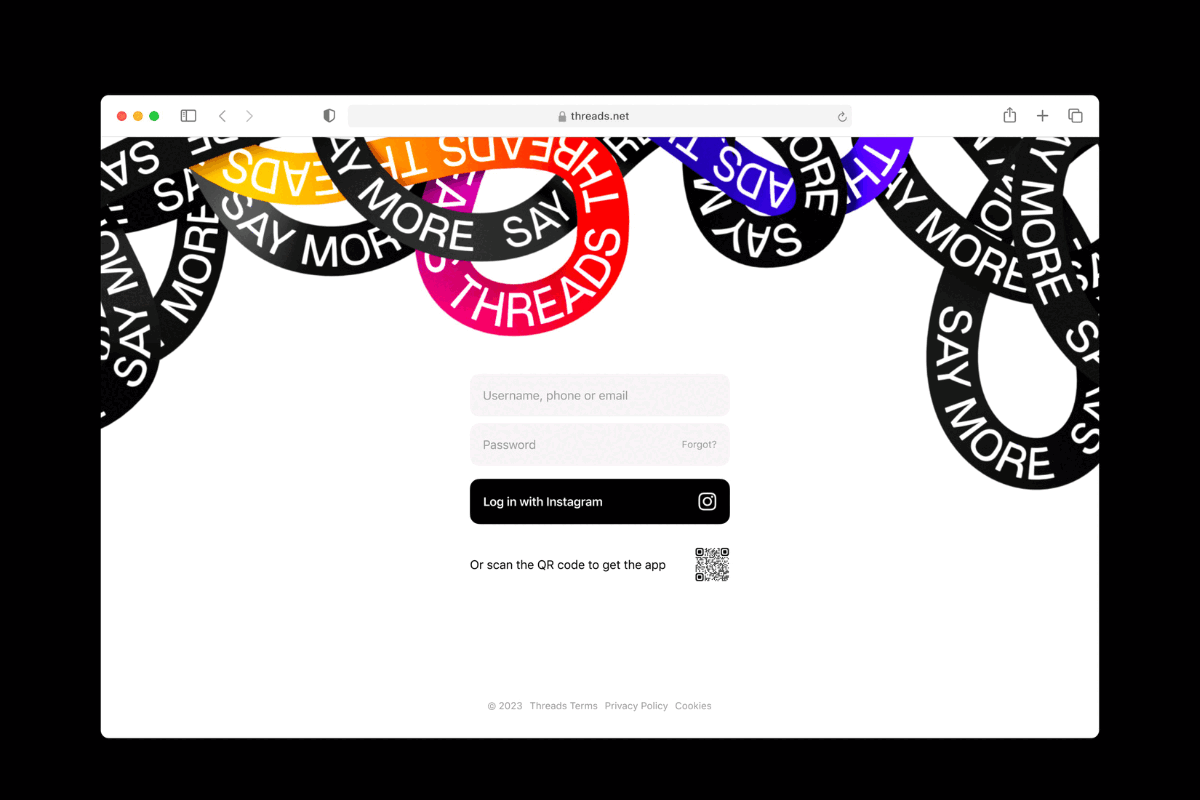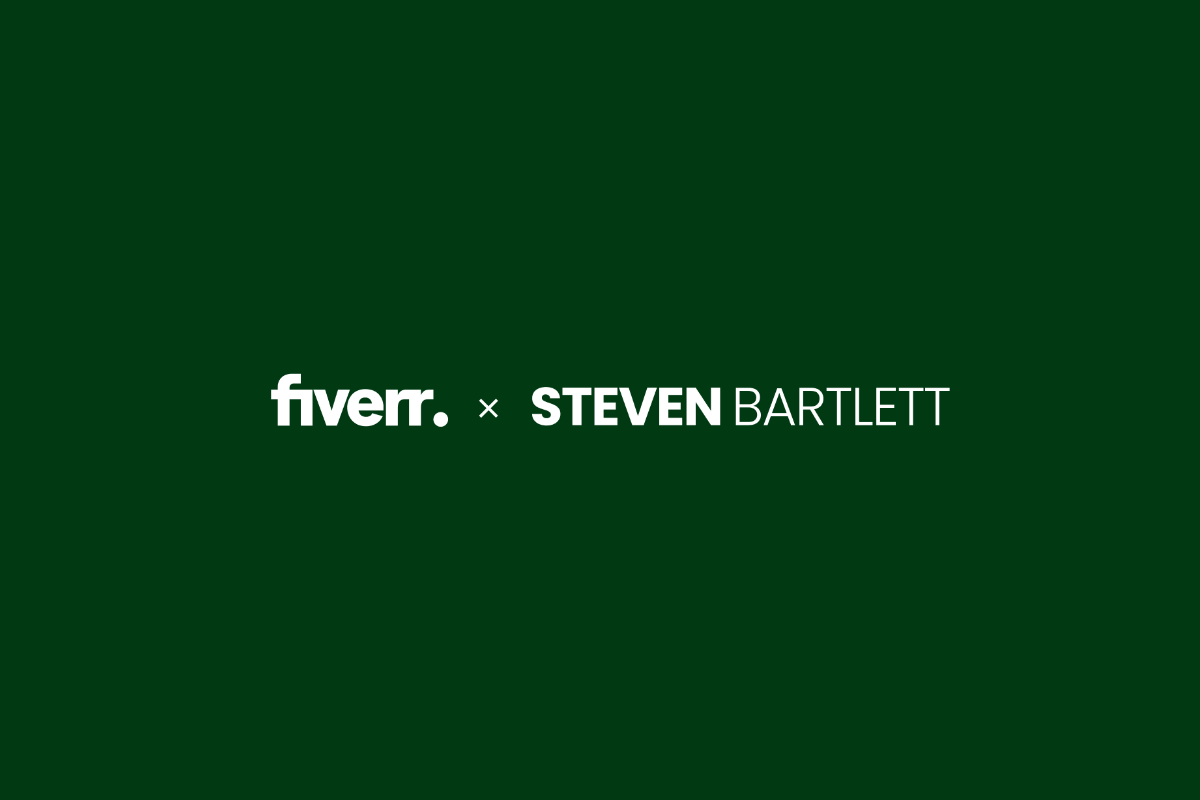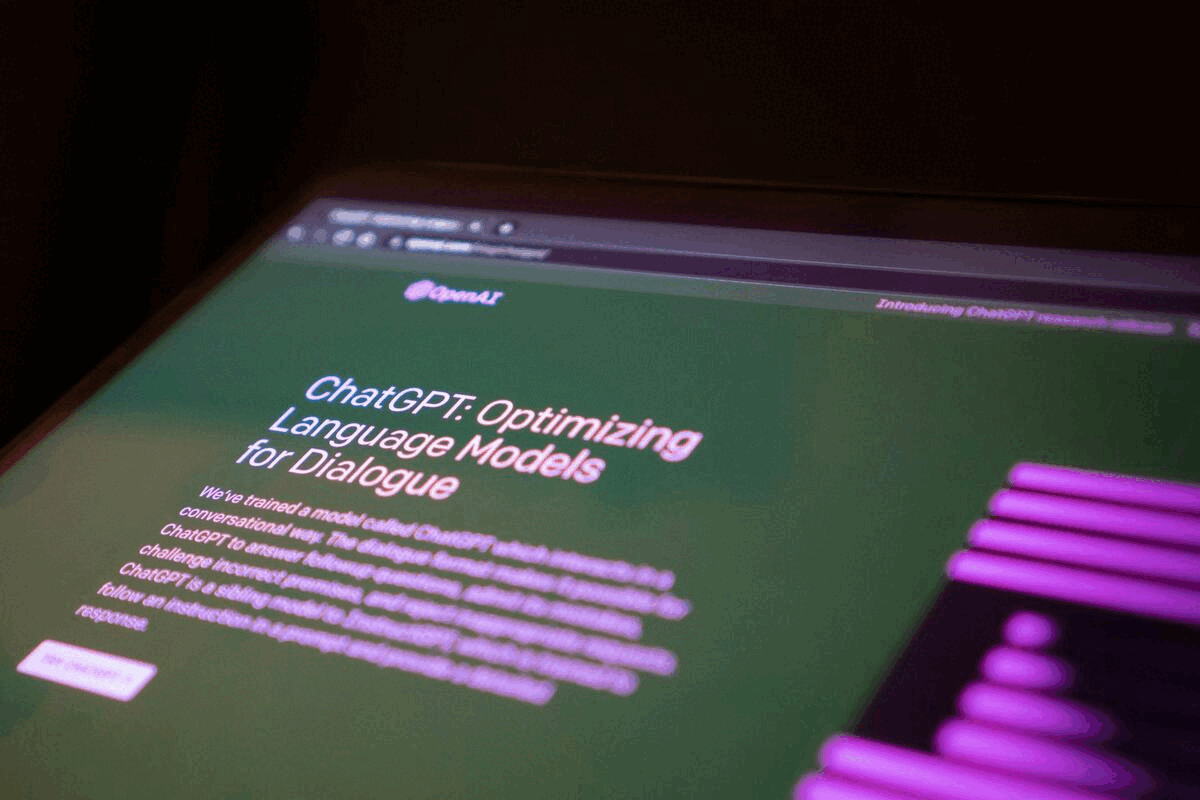Facebook confirms downvote button being tested for public pages
- Friday, February 9th, 2018
- Share this article:
 Facebook has confirmed that it is testing a new downvote button that will enable users to hide comments and provide feedback on them for public pages, but has denied that the new feature will act as a dislike button.
Facebook has confirmed that it is testing a new downvote button that will enable users to hide comments and provide feedback on them for public pages, but has denied that the new feature will act as a dislike button.
The new feature is being tested for a small number of users in the US, alongside a number of other measures aimed at improving Facebooks community, in particular public pages which share content with followers.
“We are not testing a dislike button. We are exploring a feature for people to give us ffedback about comments on public page posts,” said Facebook in a statement to TechCrunch. “This is running for a small set of people in the US only.”
According to the social network, the downvote button and other measures are an attempt to find a lightweight way for people to provide a signal to Facebook that a comment is inappropriate, uncivil or misleading. Similar tools already exist for posts, but this is the first time a system has been extended to comments.
When tapped, the downvote button hides the comment for the user who reports it, and then provides additional reporting options including “Offensive”, “Misleading” and “Off Topic”. At the moment, the button doesnt affect the appearance or ranking of the comment, post or Page for other users, and the test is only running for five per cent of English-language Android users in the US.
While users have been asking for a dislike button for almost as long as Facebook has been in existence, the company has been firmly against adding such a feature to its platform, instead relying on its News Feed algorithms to elevate popular posts and place those that fail to make an impact further down the feed.
Speaking at a Q&A session in 2015, CEO Mark Zuckerberg said: “We didnt want to just build a dislike button because we dont want to turn Facebook into a forum where people are voting up or down on peoples posts. That doesnt seem like the kind of community we want to create.”
The focus on moderating the comments of public posts is in line with Facebooks recent drive for brand safety in the wake of the fake news scandal and associated controversies.
It also suggests that Facebook is taking its role as a defacto news publisher and media company more seriously, despite the company insisting that it is simply a platform for sharing with no real responsibility for content. If the test proves successful and some form of the downvote button becomes a permanent feature, the firm will no doubt have to address a series of new questions surrounding its approach to content, free speech and censorship.
















